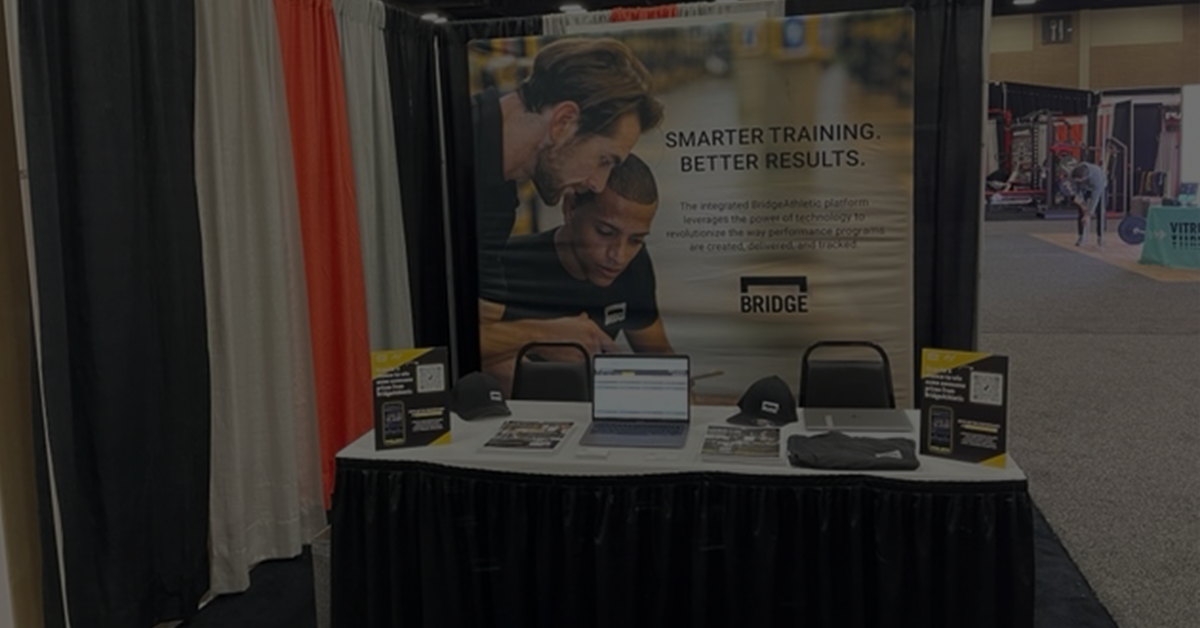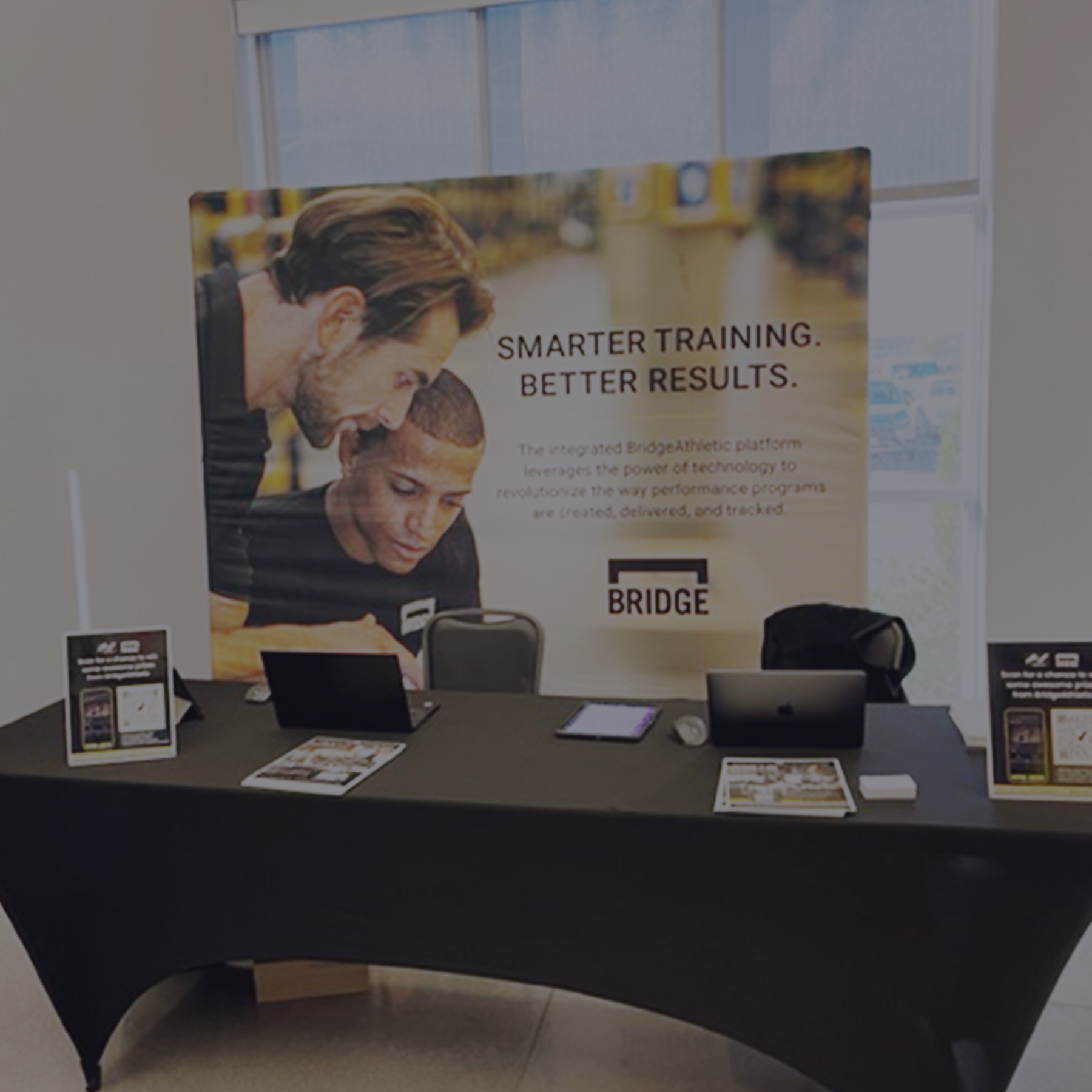Imagery Enhances Consistent Peak Athletic Performance

This month’s edition of Sports Psychology is a further look into the Perform Phase of the Learn, Plan, Perform Model. This article focuses on imagery for peak performance, though this skill can be used at any time throughout the Learn, Plan, Perform model. Athletes can use this skill to learn how to perform in the present moment with the automatic knowledge stored from it.
As an athlete learns to find peak performance at an elite level, their mental training regimens need to become more detailed and systematic. Detailed training doesn’t necessarily mean overly complex but rather specific to meet their unique needs in their sport. Similar to sport-specific strength training, mental training can be organized for an athlete or team of athletes into a program that builds their fitness over time.
The Skill of Imagery
Imagery is the creation or re-creation of an experience in your mind using all your senses. The level of the athlete from novice to elite often dictates how advanced their imagery skill has become. The difference in imagery skill level can be seen by the amount of sensory information used when practicing as well as the perspective used to view the image. Does the athlete view themselves from an external perspective or internal perspective? Both can be effective but higher level athletes practice from an internal (self-viewed) perspective.
Research on the efficacy of mental imagery as part of a combined mental and physical training program has shown great benefits for athletes. The mind will create mental images at both a conscious and subconscious level based on the information it receives. This information then helps you determine how to respond given what you know from your stored knowledge from past experiences. For athletes, this is very important to enhance automatic movements sometimes known as habits or “muscle memory”. Research into the functional equivalence of mental imagery training compared with the brain functions of physical movement show similar activity. In fact, often times when athletes are practicing imagery they might feel some of the same muscle groups activate or “fire” as when they perform the movement!
Getting Mental Repetitions
Developing your own imagery script and audio recording it so you can practice in 5-10 minute chunks is an effective way to build mental repetitions of the skill you are trying to learn or situation you are working to improve. The following are key elements to include in your imagery script:
Polysensory Experience: use all the senses (visual, auditory, olfactory, gustatory, tactile, as well as kinesthetic)
Vividness: the more clear and detailed the senses are in the image, the more effective it will be
Controllable: must be imaged exactly as the situation is intended to be or manipulated in order to change certain aspects
Real-Time: experience imagery as close to actual time it takes to complete physically to make it more realistic (*there are times when learning a new skill that imagery should be slowed down)
Positive/Successful: train the mind and body the way you want by focusing on what you want to see happen rather than mistakes
Deliberately Practiced: actively attend to what is being imaged by planning out practice times just as you would block out times to practice your sport-specific skills
Tapping into all the senses may take some time depending on the athlete and their imagery skill level so a systematic practice regimen is important to improve the skill. With more deliberate practice of imagery, athletes develop the mental repetitions needed to automatically execute the skills imagined.
To learn more about imagery, read this article about how it can be used during the Plan stage of the Learn, Plan, Perform Model.
About the author: Brian Alexander is a mental skills coach who combines eight years of experience as an Olympic level water polo athlete, a master's degree in sport psychology, and business leadership training and coaching from The Ken Blanchard Companies to partner with athletes and performers of all ages and levels. "My passion is to empower others to succeed in life, athletics, performance, and daily activities. My personal mission statement is to be a genuine and honest leader who collaborates with and learns from others in order to find a mutual personal level of excellence physically, mentally, and spiritually."
Contact info for Brian Alexander:
Website: www.athletementalskillscoach.com
Twitter: @BA_POS_MIND
Facebook: Athlete Mental Skills Coach
LinkedIn: www.linkedin.com/in/brianalexander3
About the Author

Brian Alexander is a mental skills coach who combines eight years of experience as an Olympic level water polo athlete, a master's degree in sport psychology, and business leadership training and coaching from The Ken Blanchard Companies to partner with athletes and performers of all ages and levels. "My passion is to empower others to succeed in life, athletics, performance, and daily activities. My personal mission statement is to be a genuine and honest leader who collaborates with and learns from others in order to find a mutual personal level of excellence physically, mentally, and spiritually."
Related Posts

What to Consider When Choosing a...
What strength and conditioning coaches should consider when choosing a program design software...
...

2022 NSCA Coaches Conference
The BridgeAthletic team attended the 2022 NSCA Coaches Conference in San Antonio, Texas January 6-8...

2021 Fusion Sport Conference
The BridgeAthletic team attended the 2021 Fusion Sport Summit - North America at the UFC...


